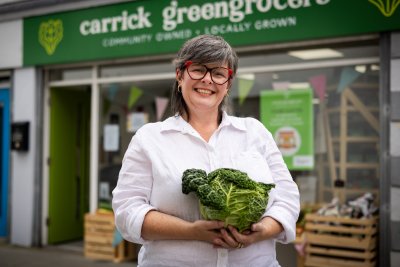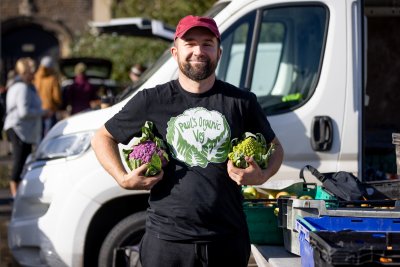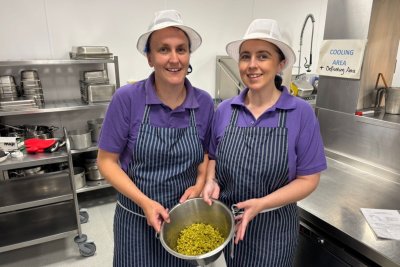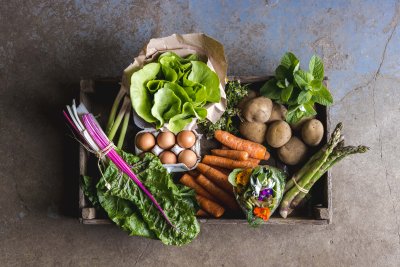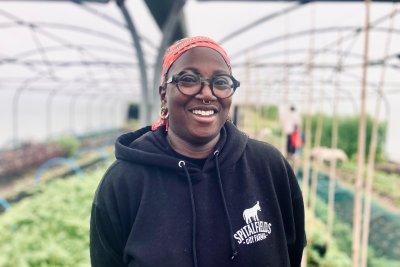Sustain: Sustain The alliance for better food and farming advocates food and agriculture policies and practices that enhance the health and welfare of people and animals, improve the working and living environment, enrich society and culture and promote equity.

Industrial agriculture must go
International experts call for 'paradigm shift' to agroecology
The dominant food system, with its crop monocultures and industrial-scale feedlots, must be consigned to the past in order to put global food systems onto a sustainable footing. Instead, the world must develop and nurture a more diversified agriculture, based on ecological practices.
This is the conclusion of a wide-ranging report from the International Panel of Experts on Sustainable Food Systems (IPES-Food), led by Olivier De Schutter, former UN Special Rapporteur on the right to food.
The industrial food system is now known to have multiple negative outcomes: widespread degradation of land, water and ecosystems; high GHG emissions; biodiversity losses; persistent hunger and micro-nutrient deficiencies alongside the rapid rise of obesity and diet-related diseases; and livelihood stresses for farmers around the world. The report highlights how this system allows value to accrue to a limited number of actors, reinforcing their economic and political power, and thus their ability to influence the governance of food systems.
This vicious cycle must be broken to achieve sustainable and equitable food provisioning, the report declares. Tweaking the system can achieve some improvements but what is needed is a fundamentally different model. The report sets out some initial steps on the road to this ambitious goal.
Read more about Sustain's plans for a fair and sustainable food supply here.
Sustain
The Green House
244-254 Cambridge Heath Road
London E2 9DA
020 3559 6777
sustain@sustainweb.org
Sustain advocates food and agriculture policies and practices that enhance the health and welfare of people and animals, improve the working and living environment, promote equity and enrich society and culture.
© Sustain 2026
Registered charity (no. 1018643)
Data privacy & cookies
Icons by Icons8
